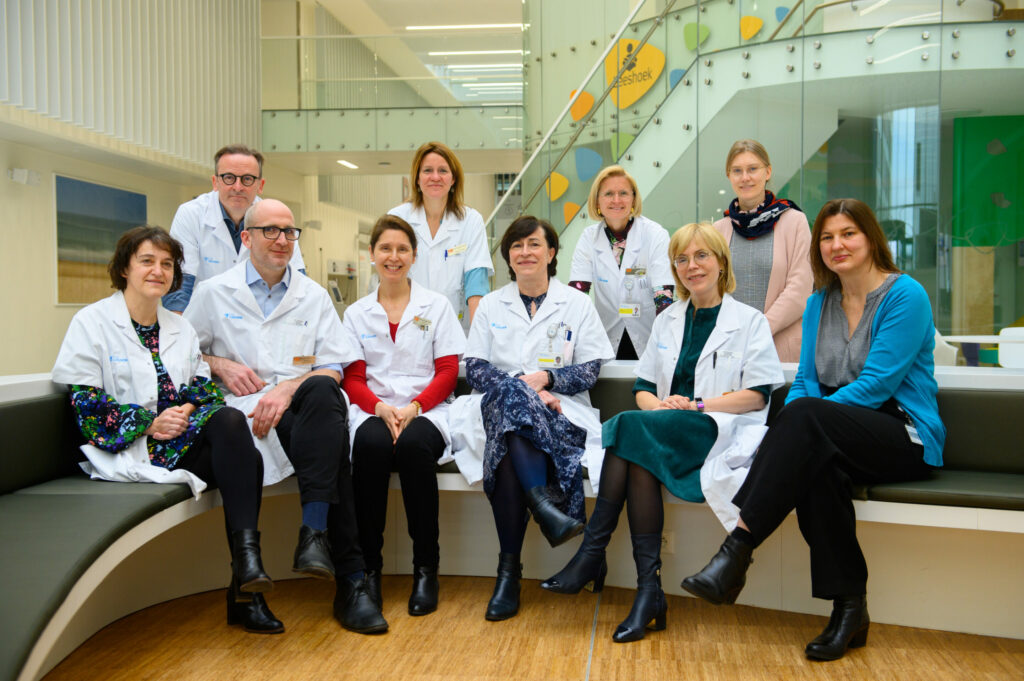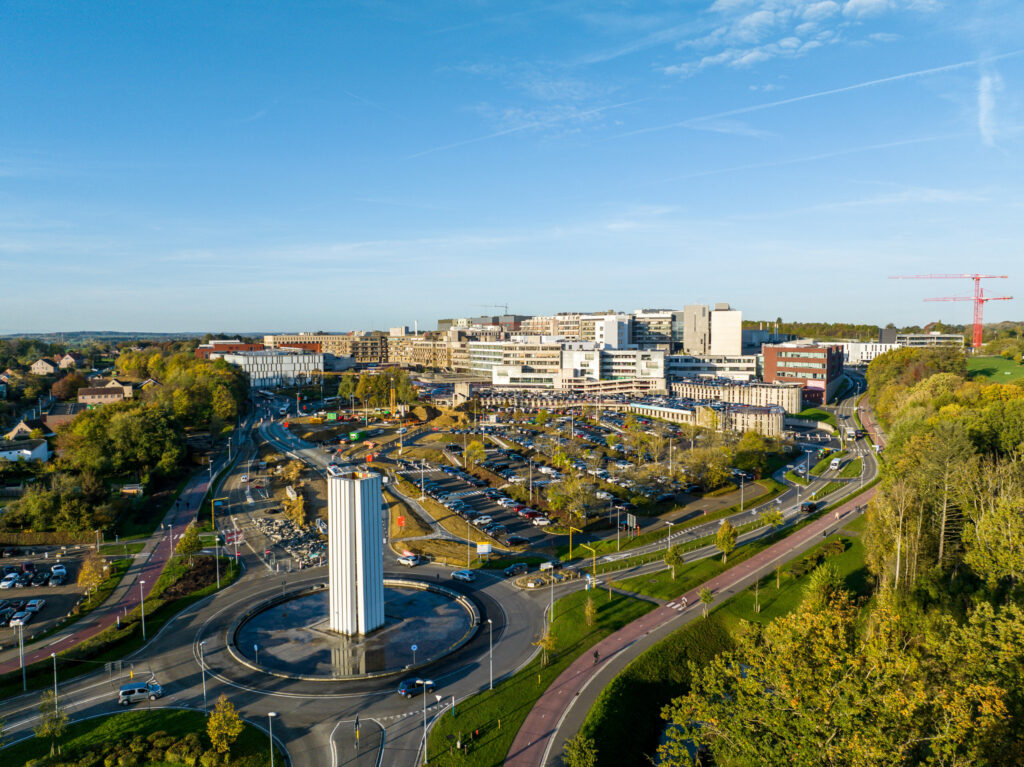Belgium has still not officially recognised a reference centre to treat rare diseases, meaning that roughly half a million people are being hindered in getting the most suitable care.
Contrary to most European countries which have had national reference centres for rare diseases for years, there is no Belgian agreement on which hospital is recognised as a centre of expertise for which condition. France, for example, launched its plan in 2004.
"We are 20 years behind and we are not proud of that. Our neighbouring countries have been working with national reference centres for rare diseases for years. In Belgium, we came up with a plan in 2013, but it was insufficiently implemented," said Professor Marion Delcroix, head of the rare diseases council at UZ Leuven.
Once again, the issue lies in Belgium's fragmented state structure: instead of being a federal competence, it is a separate regional competence, she said. "This made it very unclear who can decide on the allocation of a centre of expertise. The regions have their own political interests and want to favour their own university or specialists, for instance. It takes political courage to make a decision."
Putting patients first
As a result, Belgians with a rare disease have to wait an average of five years for the correct diagnosis – but it is often closer to 10 years or even longer. After being diagnosed, patients have another long wait to get the appropriate specialist and treatment. Not only does this lead to stress and uncertainty for patients, it also has medical consequences.
Currently, people diagnosed with a rare disease do not have a way of finding out which hospital has the most suitable expertise in it. GPs do not always have this information either, meaning patients often remain in treatment at the hospital they originally went to. "People are losing too much time," Delcroix says.
As there is no umbrella body, there is also an atmosphere of competition between hospitals. As things stands, the hospital that treats the most patients with a particular condition will, by definition, have the most experience and can provide the best care.
But there are other important criteria when it comes to rare diseases, such as the number of scientific publications or certain doctor specialisations. Delcroix stressed the need for an independent body to determine those criteria on an objective scientific basis.

Marion Delcroix (middle) is the chair of the UZ Leuven Rare Diseases Council, with some members of the rare diseases council office. Credit: UZ Leuven/Dries Renglé
"Currently, there are extremely rare conditions that are treated differently in the eight Belgian university hospitals. That way, as a doctor, you cannot do relevant research and certainly cannot build up experience," she said. "We have to put aside mutual competition to put patients' interests first."
Now, Belgian experts are asking the country's government(s) to move forward with the 2013 plan, with the first step being the creation of an umbrella national body. Based on European rules, this should oversee the accreditation and later the evaluation, documentation and monitoring of the specialised hospitals.
Once that body is in place, Belgium should develop a network of some 100 centres of expertise, where patients are guaranteed to receive the best care in the country. "Until the government can say how the plan will be realised, the quality of care for rare diseases in Belgium cannot be guaranteed," Delcroix said.
On Thursday 7 November, several hospitals and doctors are jointly organising a debate in the Federal Parliament to raise the issue.
What are rare diseases?
A rare disease is defined as a condition that affects only one in at least 2,000 people in the European Union, but there are large differences: 4% of rare diseases occur in just 1-5 in 10,000 people, while 84% of rare diseases affect fewer than one in 1,000,000 patients.
In Belgium, more than half a million people live with a rare disease.

